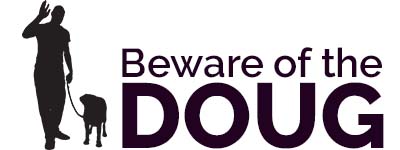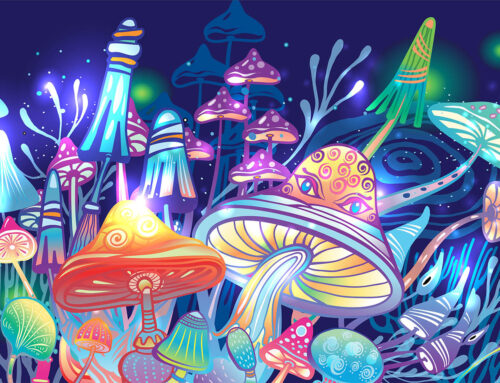
In the campy 1980 comedy, Caddyshack, disheveled groundskeeper Carl Spackler (played by a brilliant[...]
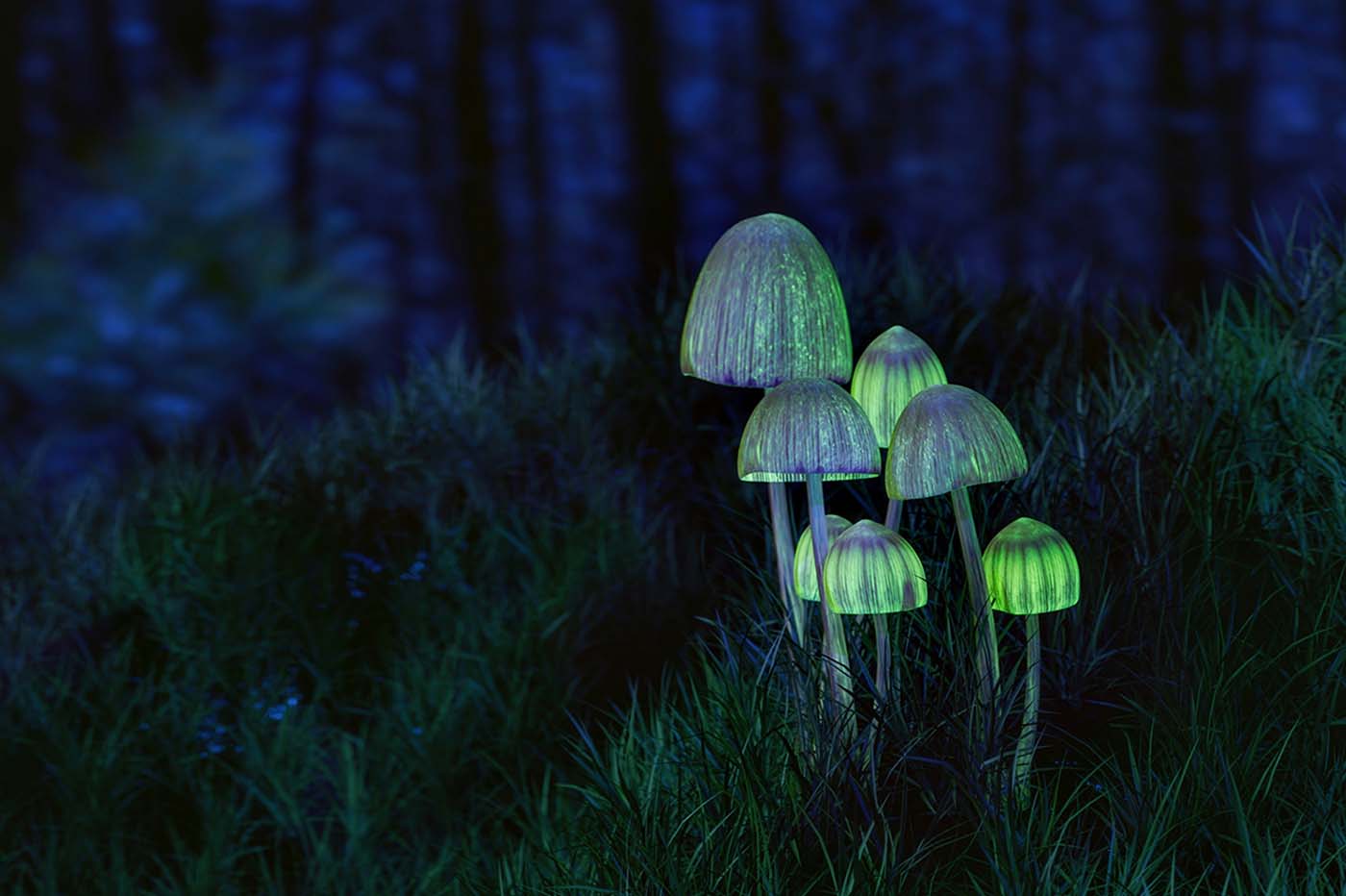
It's not often that a scientist becomes a subject for his own research; even[...]
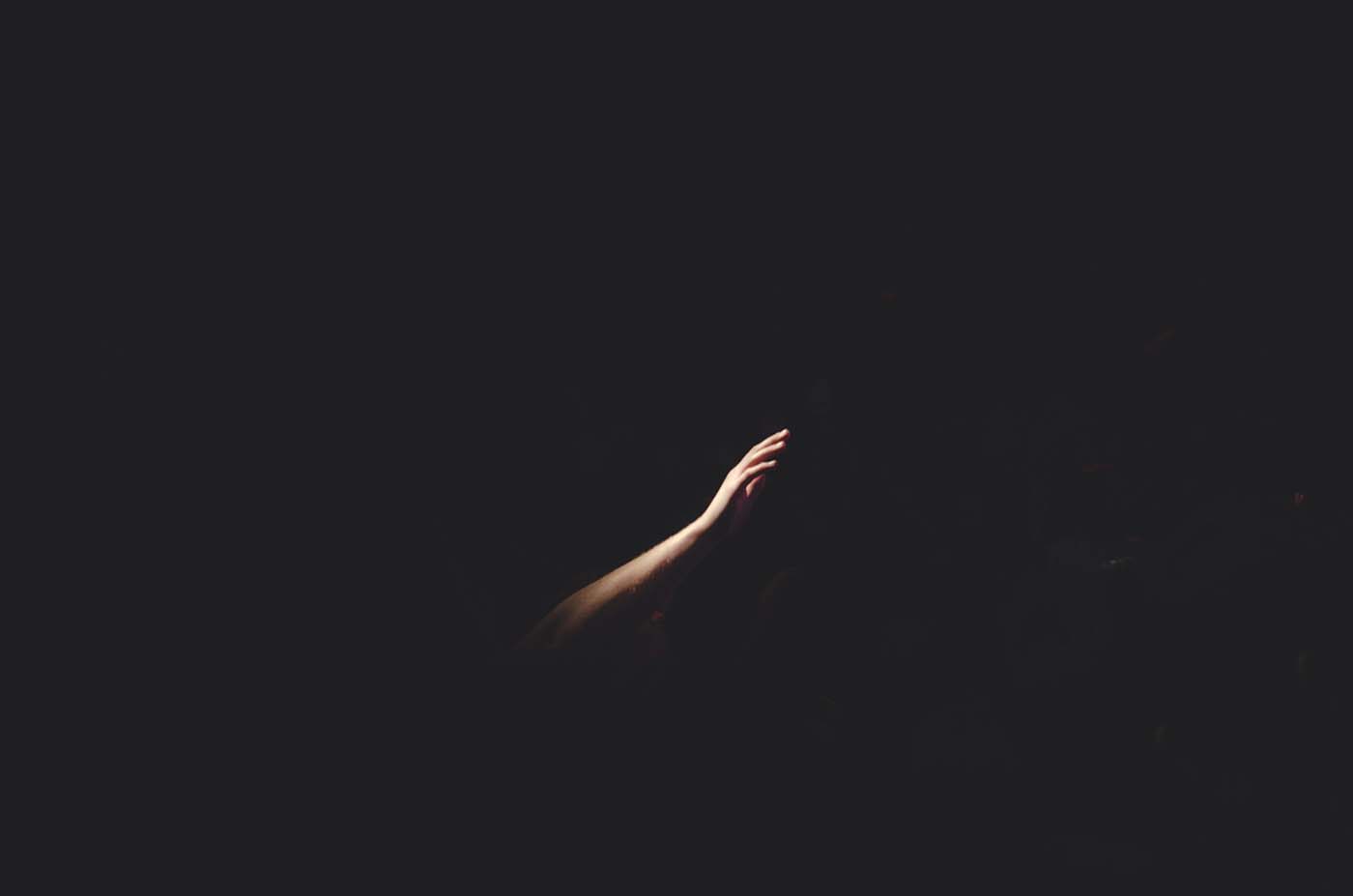
Sensory deprivation via natural or manmade caves has now become, if not routine, certainly[...]
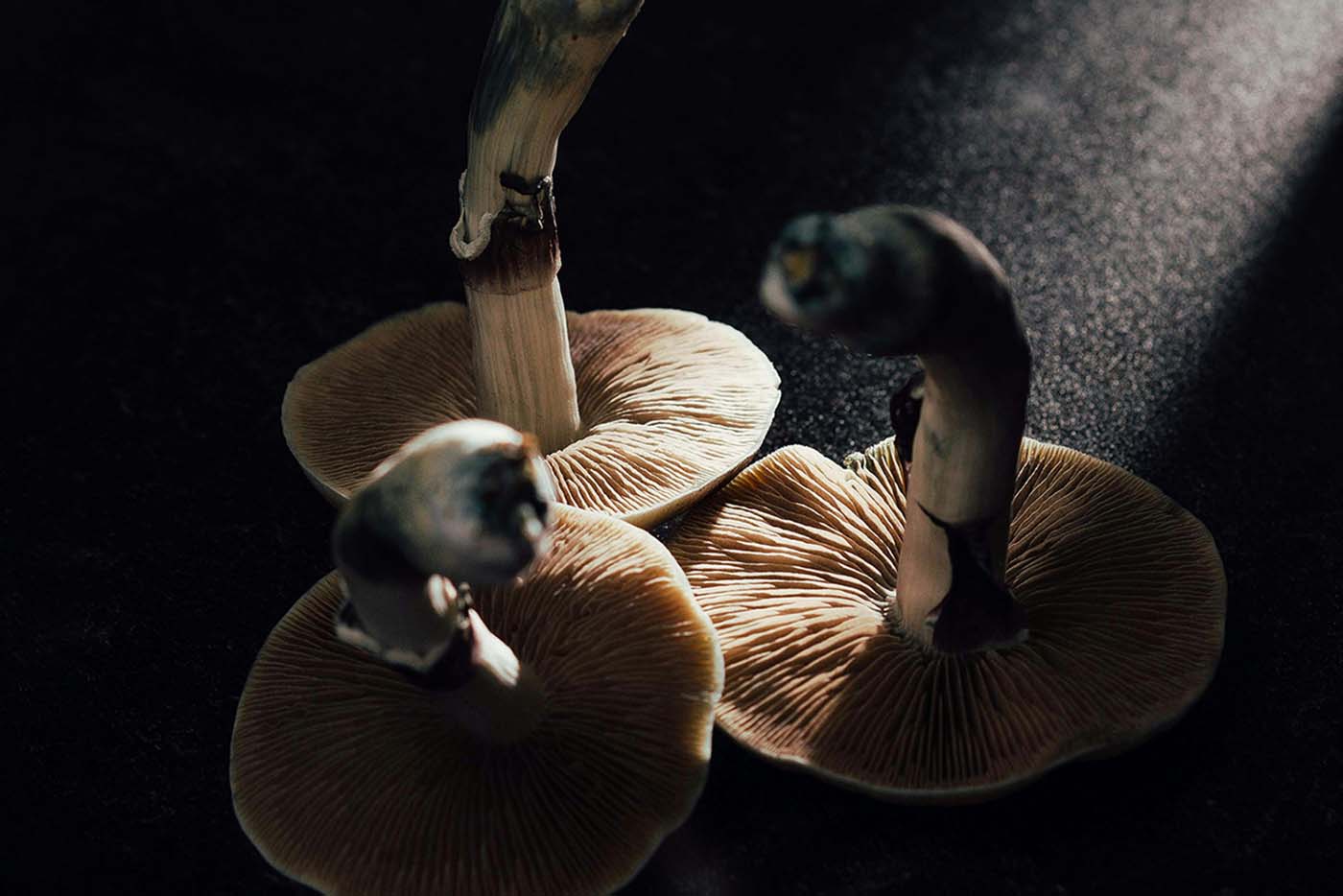
Using fMRI technology, scientists for the first time have revealed significant - albeit temporary[...]

The Wild, Neural Effect of Psilocybin
It’s not often that a scientist becomes a subject for his own research; even less common when said scientist describes his brain as ‘breaking’ during the experiment.
But that’s precisely how Dr. Nico Dosenbach, an associate professor of neurology at Washington University School of Medicine in St. Louis, recounted his experience under the influence of psilocybin, a hallucinogenic mushroom.
“I was, like, drifting deeper into weirdness,” recalled Dosenbach. “I didn’t know where I was at all. Time stopped, and I was everyone.”
What Dosenbach experienced is on par with the feedback of countless others who have taken so-called ‘magic mushrooms’ – a disruption in his sense of time, space, and self.
“What’s going on during psilocybin is that populations of neurons that are normally in synchrony are out of synchrony,” said Dr. Joshua Siegel, the study’s lead author and a researcher at Washington University.
Known as desynchronization, this break down of neural synchrony might be likened to a group of connected clocks suddenly operating independently. “Desynchronization probably is a critical clue as to where the plasticity effects of psychedelics are coming from,” said Siegel.
Interestingly, the breakdown of synchrony was greatest in the brain’s default network, which is central to an individual’s sense of self.
Move Over Ritalin
In an intimate study of just seven participants including Dosenbach, researchers used fMRI scans before, during, and after high doses of psilocybin to map neural network changes from the ‘magic mushrooms.’
In order to provide researchers with a detailed map of any neural changes, the brain of each study participant was scanned a total of 18 times. A few were given a single dose of psilocybin, the others a dose of methylphenidate, the generic version of the amphetamine Ritalin.
While the scans of those dosed with methylphenidate revealed brain changes, they paled in comparison to the neural storm caused by the psilocybin.
“Psilocybin, in contrast to any other drug we’ve tested, has this massive effect on the whole brain that was pretty unexpected,” said Dosenbach. “It was quite shocking when we saw the effect size.”
More research is needed, but for many scientists the results of the study will no doubt lend credence to the idea that psilocybin can open a brain to the possibility of change when it comes to anxiety, depression, addiction, and other mental health challenges.
“It was definitely an awesome experience for a neuroscientist,” said Dosenbach. “It’s really fascinating how your brain can fall apart — because how something breaks tells you how something works.”
The researchers recommended against using psilocybin for self-therapy, nothing that not every ‘trip’ is a positive one. Dr. Ginger Nicol, a psychiatrist at Washington University, said her husband, another study participant, had a powerful spiritual experience the first time around. The second? “He saw demons.”
